InFocus Kickoff: Bethany Hamilton Calls for a Health and Justice Dialogue
With Health and Justice as the InFocus theme of 2021-2022, many conversations about healthcare and its intersections with race, poverty, and equality have taken place this semester at Moravian.
Freshmen have been engaging in thoughtful class discussions of their summer reading “The Cancer Journals,” Audre Lorde’s powerful personal narrative about coming to terms with her cancer diagnosis, which encapsulates the theme. A display about the renowned writer and her work has also been set up in Reeves Library.
Thursday, Sept. 23, marked the official kickoff event of the InFocus program.
The Health and Justice team, led by Dr. Belinda Waller-Peterson and Dr. Kimberly D. Wynarczuk, invited attorney Bethany Hamilton to speak about health equality and social justice to a Zoom audience.
Hamilton is co-director of the National Center for Medical-Legal Partnership at the Milken Institute School of Public Health, and she has led projects focused on expanding Medicaid, defending the Affordable Care Act, and uplifting community health centers. Her work is all about improving the policies that affect people’s well-being.
From her first words, Hamilton showed her value for open, honest interaction.
She asked, “How are you?” and for every participant to type a couple words about how they truly felt. Words like “exhausted” and “overwhelmed” popped up in the chat, and Hamilton relayed that they were not alone in those feelings. She also asked for everyone to type their definition of justice, if they believed lawyers could improve health outcomes, and what their worst fear currently was.
These questions jump-started the conversation about the justice gap in healthcare. Medical-legal partnerships, Bethany continued, are the vehicle for health equity; when legal and healthcare professionals come together and collaborate, they can “help patients resolve social, economic, and environmental factors that contribute to health disparities and have a remedy in civil law.” For example, a lawyer can come in and provide legal assistance to the person whose poor housing is making them ill.
This type of assistance is highly needed, Hamilton showed.
She said that 71% of low-income houses experienced at least one civil legal problem in the past year. And the COVID-19 pandemic only revealed more gaps in equality; those who couldn’t afford to stop working were forced to be in small spaces where the virus could easily spread – places that had already posed health dangers in the past.
Hamilton also recounted the experience of waiting in line for her COVID-19 vaccine appointment. Though she was soon to be vaccinated, she couldn’t help but think of all those people who had suffered greatly in the pandemic.
She thought about people who had lost their jobs, the Asian Americans who were scapegoated and faced racial abuse, the children who lost their access to meals, technology, and support at school, the underpaid women forced to work at home and become the primary caregivers, the healthcare workers working tirelessly in the hospitals, the people whose isolation drove them away from support systems and into drugs – and the people of color put in prison for this.
“Why did it take a pandemic for us to pause and listen to each other,” she asked, “when there have always been daily unprovoked threats against black and brown lives?” She also shared the story of her close friend who didn’t have quite enough information to feel comfortable being vaccinated, and how he lost his life to COVID-19.
At the heart of all this reflection was a call for dialogue.
Hamilton continuously stressed the importance of talking to each other, of having a back and forth, a give and take – a productive conversation that lays a topic out in the open. This talk is necessary, even if the person you’re talking to is on the opposite side, for it allows the exchange of information – information that could have made Hamilton’s friend comfortable enough to get the vaccine. When dialogue breaks down, we can’t identify problems, much less communicate new, productive ideas about those problems.
To continue their own virtual dialogue, Zoom participants were encouraged to send questions to Hamilton in a final Q&A section.
One person wondered what Hamilton would ask Audre Lorde if she were alive today, and her answer was this: “How do you deal with grief and remain resilient, yet so vulnerable and human?”
Other questions sparked discussion about disabled adults and children being a forgotten group of the pandemic, workers in hospitals being constantly swarmed with patients, the discriminative nature of the “boy or girl?” question on the medical form, and how voting is essential in the goal of gaining equal access, as it vocalizes our desires and rights.
One last question asked for advice for freshmen specifically, as many were participants in the meeting.
To start, Hamilton thanked this young generation for not dropping “the torch of social awareness.” She said she was amazed and grateful to see students participating so much in social change today, as it wasn’t so prevalent when she was a student. She also advised to “never stop pushing back against the injustice you see, hold your dreams close to your heart, and keep asking questions.”


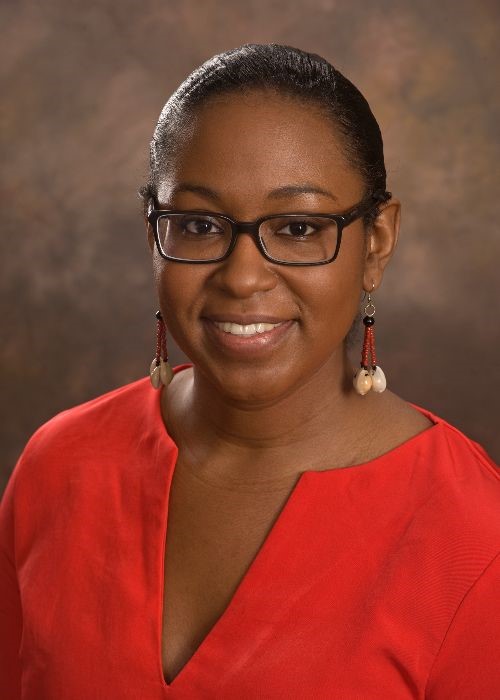

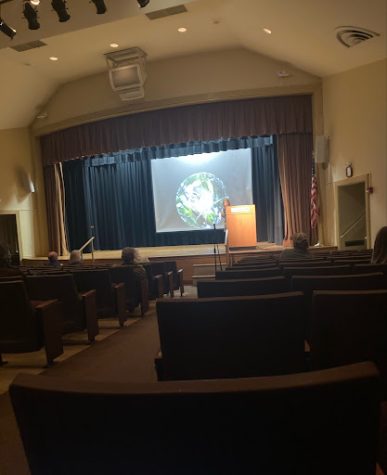
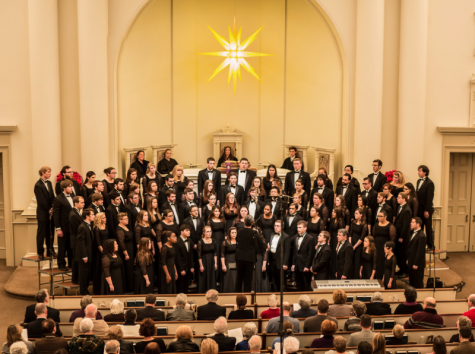
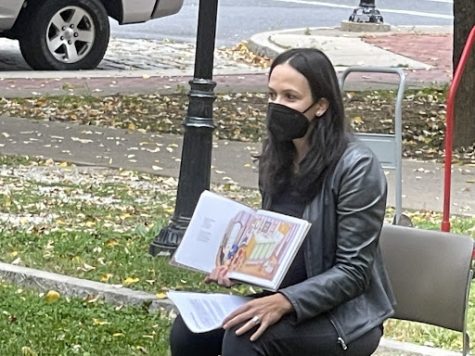
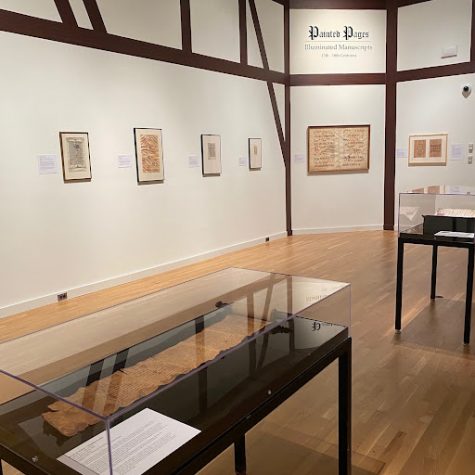
Joyce Hinnefeld • Oct 3, 2021 at 3:23 pm
Beautiful coverage of this wonderful event. Thank you, Anna!